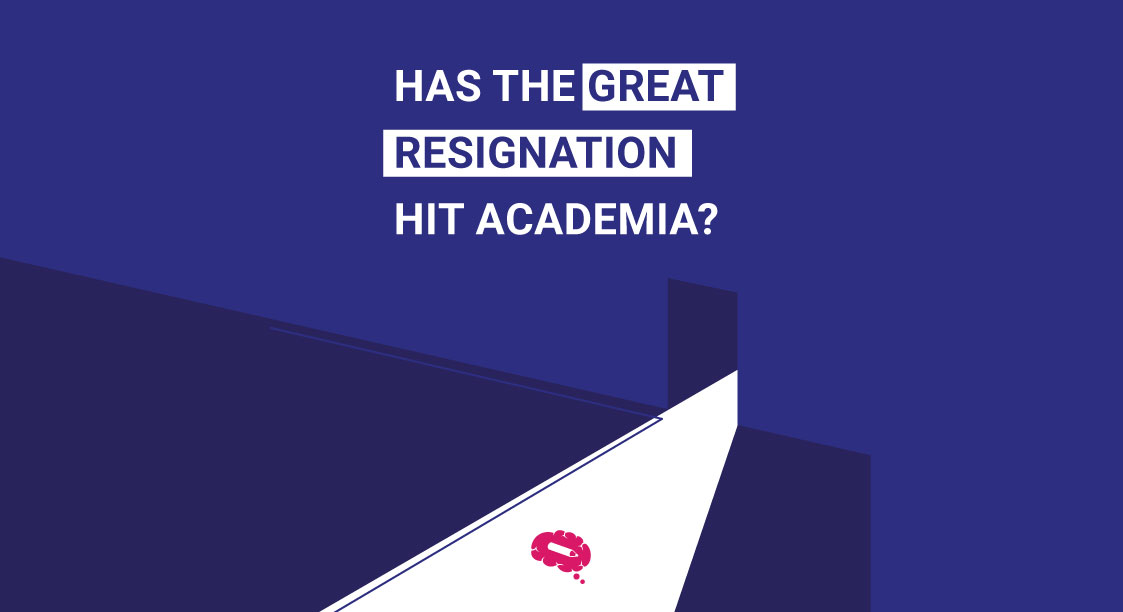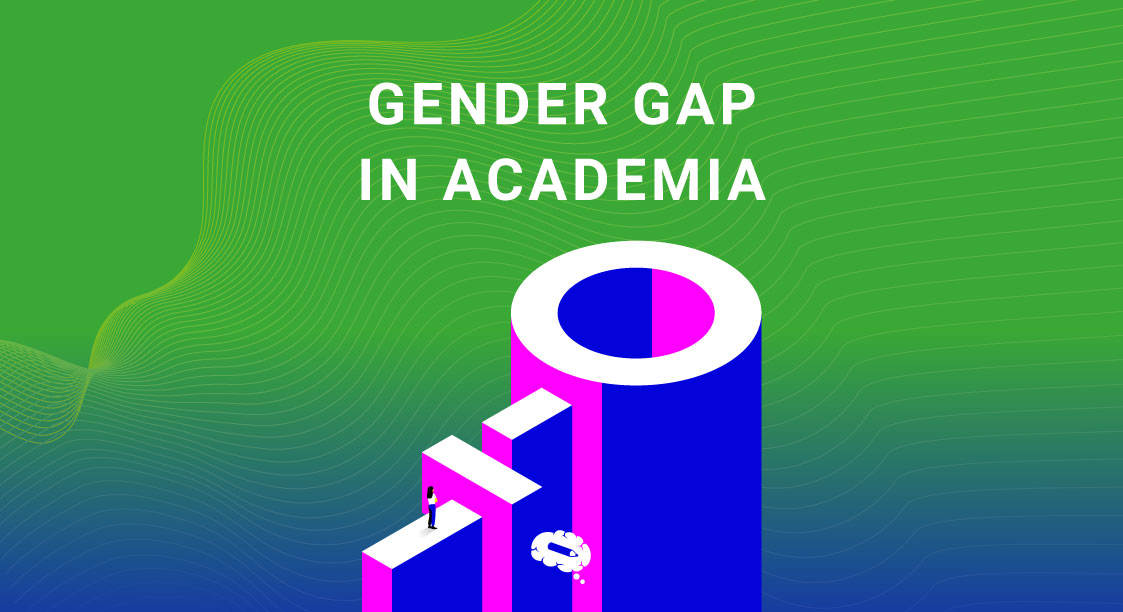It has been a time of many reasons to do a 180 in higher education over the past two years. There is no longer a work-life balance (in case there ever was one), administrators seem to lack compassion and understanding, and money seems to take precedence, so many in the field feel discouraged, hurt, and desirous of something different.
Many scientists say that the pandemic forced them to reevaluate their careers and lifestyles. There have been reports throughout the United States that people in all fields of work are tired as universities keep accelerating upwards, but also expect more.
COVID-19 created levels of unforeseen difficulty that were never expected previous to the pandemic, including managing the outbreak, lacking personnel, expanding responsibilities, and trimming budgets.
There is an abundance of fatigue among workers, and many are on the lookout for different options. Statistical evidence suggests that higher education is being negatively impacted by this trend. Throughout this article, we will explore if academics have been affected by the great resignation and how.
What exactly is the great resignation?
More and more, employees have been walking out of their jobs voluntarily in The Great Resignation, which is also commonly referred to as the Big Quit or the Great Reshuffle. The Great Resignation was coined by Anthony Klotz.
Several sources say this trend began around 2020 or early 2021, when employee resignations plummeted following widespread work stoppages caused by COVID-19. In the wake of the pandemic, employees from multiple sectors realized they weren’t completely satisfied with their jobs. It was common for people to leave their jobs due to unsatisfactory work environments, fields, or lack of harmony between work and personal life.
It is also important to note that these types of problems also occur in the academic field of profession. As a result of increasing discontent across various aspects of their job environment, there has been a spike in this category as well.
Understanding mid-career malcontent
Researchers were found to be unsatisfied with their jobs in 2021 when Nature surveyed the satisfaction and salary of scientists (nearly two-thirds of whom are academics). There is a deep sense of discontent among mid-career professionals.
An individual can be worn out as a result of much more than just frustration or a challenging project. It is becoming increasingly common for mid-career academics to reevaluate their career paths. Researchers in mid-career expressed dissatisfaction with their present position to a greater extent than those in early or late careers.
Many mid-career scientists expressed extreme dissatisfaction with their career advancement opportunities as a result of uncertainty about their future.
1 researcher in their early professional life and 1 researcher in their late career had similar levels of uncertainty. Scientists in mid-career often have to deal with duties and responsibilities beyond the laboratory, which are not always compensated well.
The main reason for great resignation
Many talented people run out of endurance with the university system due to being overwhelmed by administration and bureaucracy, trying to balance research and teaching, and managing parenting.
It is evident from the survey that professors are leaving due to inadequate compensation, excessive workloads, insufficient support, anxiety, physical stress, burnout, toxic work environments, and inadequate treatment.
In the last two years, the academy has faced several challenges or rather has been exposed to many new ones. A practical, effective solution is required for these real problems. A radical change is needed for higher educational institutions.
Realignment is necessary. In other words, an act of compassion. The responsibility of working toward positive change cannot be put on the shoulders of university administrators alone, rather it is a collective responsibility.
Simplify one aspect of your work with infographics
Infographics are an excellent way to increase your paper’s readership, bringing up to 27x more citations, so make the most of them. Mind the Graph platform is the perfect place to start creating in a controlled environment made with scientists’ needs in mind.

Subscribe to our newsletter
Exclusive high quality content about effective visual
communication in science.




